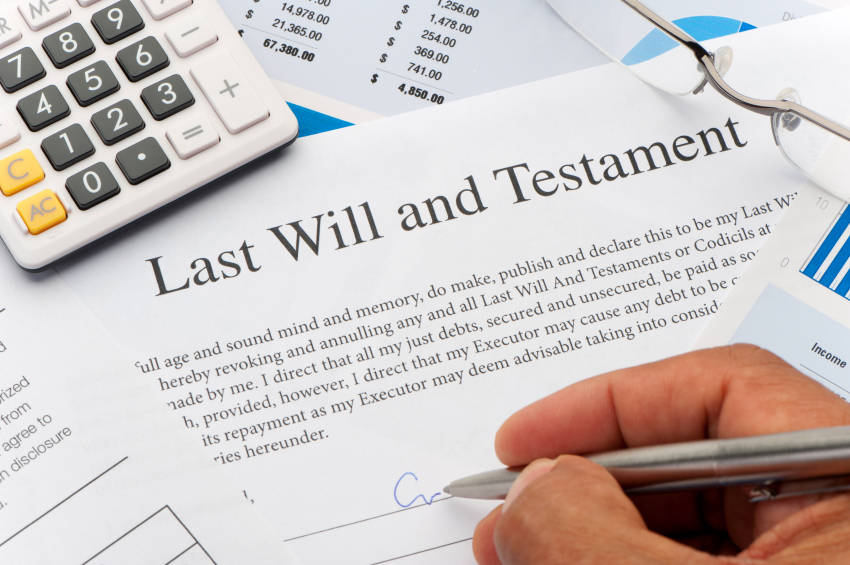
Making a Will is one of the most positive things you can do for your family's future. Planning can ensure the best possible outcome for the generations to come.
A Will gives you control over the future of your assets and possessions, avoiding disputes or misunderstandings. Making the right choices depends on clear and practical advice.
Our team has a depth of experience and offers responsible, honest guidance on preparing or updating your Will.
We can help you with:
- Wills
- Lasting Powers of Attorney
- Estate Adminstration
- Trusts for Property and vulnerable persons
- Long term care planning
- Estate Tax Planning
- Trusts for Property and vulnerable persons
- Court of Protection
So who needs to make a Will?
We think we all do, however large or small your estate is but here is a list of those most at risk of not making a Will.
- Unmarried partners and stepchildren have no rights to inherit under the Intestacy Rules. Family structures can be complicated and a Will clearly sets out who you want to inherit and be maintained by you after you die. As importantly, it leaves out those who you don’t want to inherit for you- just because you’re related by blood doesn’t mean you want them to benefit from you.
- Second relationships - You may have started a second family but still want your children from your first relationship to benefit from your estate. Making a Will is critical in this situation.
- Spouses - your spouse does not have an automatic right to inherit all of their partner’s estate. There are limits and the Intestacy Rules decide how much they get. Your spouse could be forced to sell the family home to give those also entitled, their share of your estate.
- Young children. A Will allows you to appoint guardians to care and influence your children as they grow up without you. Not a thought any parent wants to think about but if you don’t appoint guardians, they could end up being looked after by someone you would not want or choose.
- Costs. Solicitors and banks make huge sums of money from being professional executors and most people want to choose their executors (the people who deal with their affairs after they have died). Executors may always call upon a solicitor or other professional if they need assistance of the estate is complex.
- Charity You may want to make a charitable gift on your death and the intestacy rules do not include any charitable gifts.
- Control. Just about everyone wants the peace of mind of knowing they have protected their family and made sure life carries on with the minimum of financial disruption. A Will does exactly that.
Don’t forget to review it...
Once you've made your Will that’s not it. An out of date Will can sometimes cause as many problems as having no Will at all. If you have made a Will but have not reviewed for some time, we say you should review it when:
- Your personal circumstances change- you buy a house, have children or come into money or buy foreign property
- You co-habit with someone
- You marry or enter a civil partnership (for the first or second time)
- Get divorced
- You haven’t looked at your will for some years- the law and tax rule change and it may no longer be suitable for your current needs.
Dying without a Will and The Intestacy Rules
If you don’t make a Will you die “intestate” and only those that fall under the Rules of Intestacy will automatically inherit anything from your estate.
These rules can seem harsh and unsuitable for modern family structures as they follow the “blood-line” and only recognise natural and adopted children for example. Step children or those that you may consider as part of your family will not be included although half-blood relatives are included in the list.
Unlike a Will, where you appoint an executor of your choice to administer your estate, under the Rules of Intestacy, that person is determined by the Rules and they may not be the people you want to undertake this work.
As the estate administrator they become personally liable for any loss or mistakes made during the administration period and may be reluctant to become involved or not have the expertise to do the job.
So if you are not married or have step children these people are not included in the list set out in the Rule of Intestacy even though you may think of them as being your family and may have a valid claim. They will have to make a claim against the estate if they were financially dependent on the deceased for future maintenance under the Inheritance (Family and Dependents) Act 1975.
It’s not a quick process, it's expensive and does not guarantee they will get all you would have liked them to receive. This is something that as a distressing time will cause further heart-ache for them.